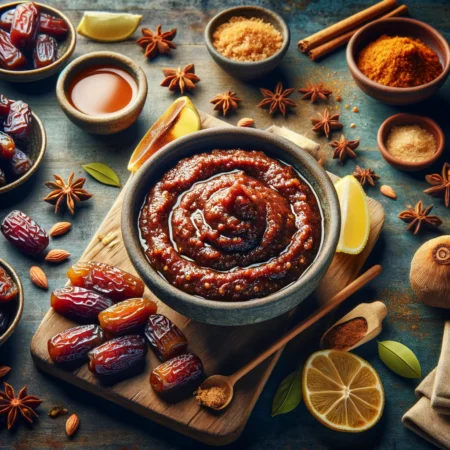Rum is a type of alcohol made from sugarcane byproducts, such as molasses or sugarcane juice. It has a long and storied history, with roots that stretch back centuries and a revolutionary past that has shaped the world we know today.
The origins of rum can be traced back to the early days of sugarcane cultivation in the Caribbean. Sugar was a valuable commodity in the early modern period, and the production of sugarcane required a large workforce. This workforce was made up of enslaved Africans, who were brought to the Caribbean to work on sugar plantations.
One of the byproducts of the sugarcane refining process is molasses, a thick, syrup-like substance. In the early days of sugar production, molasses was considered a waste product and was often discarded. However, it was eventually discovered that molasses could be fermented and distilled to produce a type of alcohol known as rum.
Rum quickly became popular in the Caribbean, and it played a significant role in the economies of the region. It was also an important commodity in the transatlantic trade, with rum being traded for African slaves, who were in turn brought to the Caribbean to work on the sugar plantations. This trade, known as the “triangular trade,” was a key factor in the expansion of the British and other European empires in the early modern period.
Rum was not just a commodity, however; it also played a significant role in the social and cultural life of the Caribbean. It was a popular drink among both the plantation owners and the enslaved workers, and it was often used as a form of currency. Rum was also closely tied to the development of Caribbean music and dance, with rum shops serving as social hubs where people gathered to drink, dance, and socialize.
During the American Revolutionary War (1775-1783), rum played a significant role in the conflict. It was an important commodity in the British colonies, and the British government imposed high taxes on it in an attempt to fund the war effort. This sparked outrage among the colonists, who saw the taxes as an attempt to control their lives and undermine their autonomy. The protests and boycotts that followed were a key factor in the lead-up to the Revolution, and rum played a central role in the formation of the American nation.
After the Revolutionary War, rum remained an important commodity in the newly independent United States. It was a popular drink, and it was also used as a currency and a medium of exchange. However, the production of rum began to decline in the 19th century as other types of alcohol, such as whiskey, became more popular.
Today, rum is still a popular drink around the world, and it is produced in a variety of styles and flavours. While the production of rum is no longer closely tied to the transatlantic slave trade and the sugar industry, it remains an important part of the cultural and economic history of the Caribbean and the wider world.





